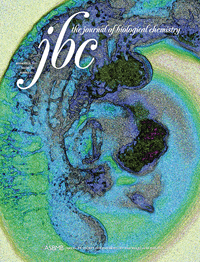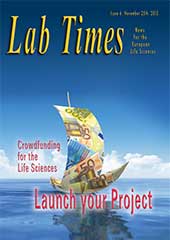
Memorial University in Canada has released a five-year-old report of an investigation, confirming a former nutrition professor had committed misconduct in a 2001 paper.
The 53-page report — about Ranjit Kumar Chandra, a prominent and once-lauded researcher — focuses on a Nutrition paper that examined the effectiveness of vitamins patented by Chandra. The report, authored by MUN professor emeritus William Pryse-Phillips, lists 41 problems with the paper, which it concludes:
…was not in full compliance with the scientific, ethical, and/or integrity standards of Memorial University at the time.
The paper was retracted in 2005; the report is dated 2009. We asked Pryse-Phillips why the university took so long to release it. He told us:








